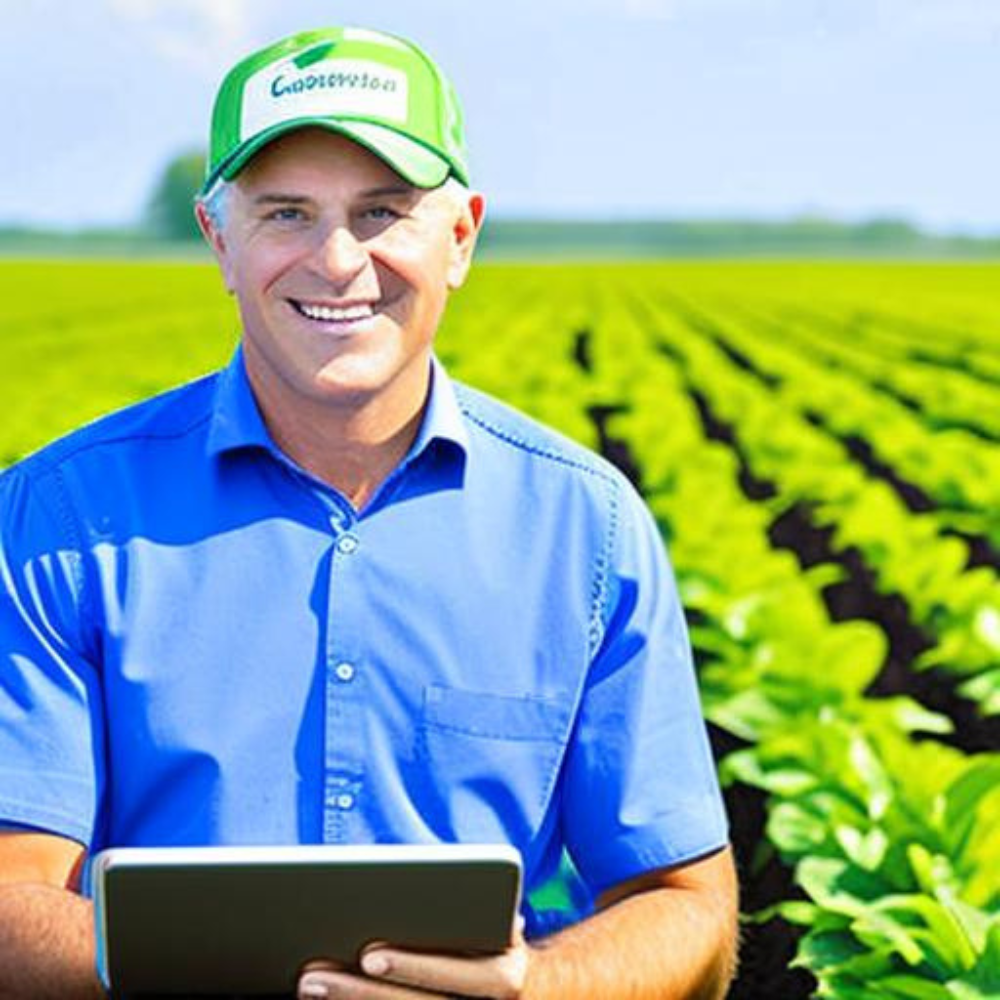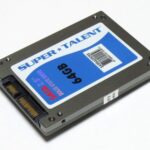Agriculture has been a vital industry for centuries, providing food and raw materials to support the world’s growing population. However, as technology continues to evolve, so too does the way we approach farming. The rise of mobile and computer devices in agriculture is revolutionizing the industry, enabling farmers to work more efficiently and sustainably.
Precision Farming
Mobile and computer devices have enabled farmers to adopt precision farming techniques, which use technology to optimize crop production. This involves the use of GPS and remote sensing technology to collect data about crop growth and soil health, allowing farmers to make informed decisions about fertilizer and water use.
Remote Monitoring
Mobile and computer devices also allow farmers to monitor their crops and livestock remotely. Sensors can be placed throughout fields to track soil moisture, temperature, and nutrient levels, providing real-time data to farmers. This enables them to adjust their farming practices and optimize crop yields, without having to physically inspect every area of their farm.
Efficient Data Management
Mobile and computer devices have also made it easier for farmers to manage their data. Software applications enable farmers to track their crop yields, expenses, and profits, providing a clear picture of their farm’s financial health. This data can be analyzed to identify areas for improvement and to make informed decisions about future investments.
Enhanced Communication
Mobile and computer devices have also improved communication in the agricultural industry. Farmers can now easily connect with suppliers, buyers, and other farmers, allowing them to share information and collaborate on projects. This has opened up new opportunities for farmers to sell their products, as well as to access resources and expertise from around the world.
Sustainable Practices
Mobile and computer devices have also contributed to more sustainable farming practices. By collecting data about crop growth and soil health, farmers can optimize their use of resources such as water and fertilizer. This reduces waste and helps to minimize the environmental impact of farming. Additionally, by enabling farmers to communicate and share information, these devices have made it easier for farmers to adopt sustainable practices and learn from each other.
Conclusion
In conclusion, the rise of mobile and computer devices in agriculture has transformed the industry, enabling farmers to work more efficiently and sustainably. Precision farming, remote monitoring, efficient data management, enhanced communication, and sustainable practices are just some of the benefits that these devices offer. As technology continues to evolve, we can expect to see further innovations in agriculture that will help to ensure food security and environmental sustainability for future generations.





